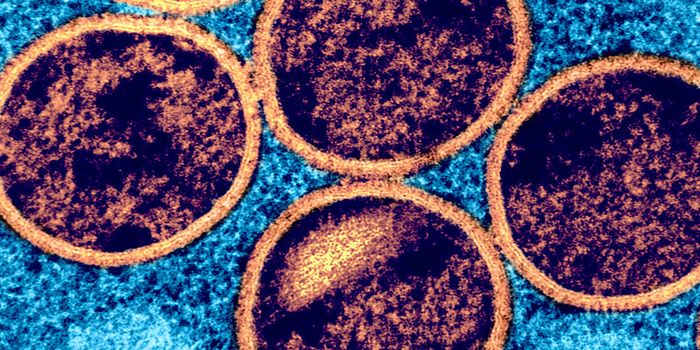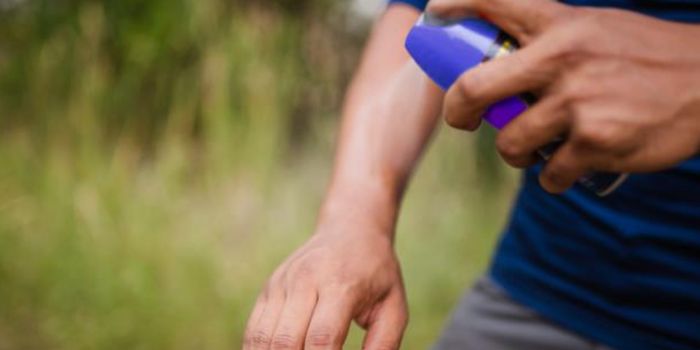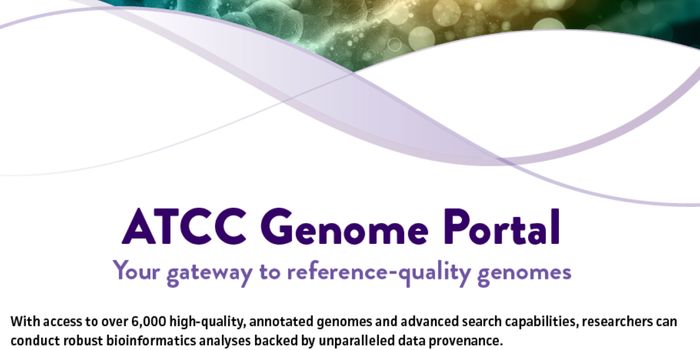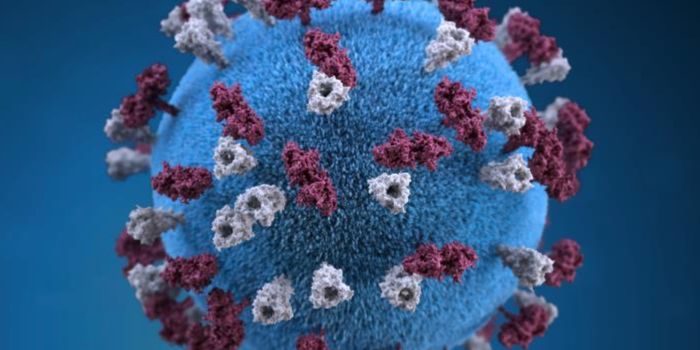Researchers studying antiphospholipid syndrome (APS) found that patients with the disease have high levels of bacteria that make phospholipids. It has been previously established that antiphospholipid antibodies have pathogenic roles, so the scientists decided to assay fecal samples of patients with the disease to look for a source of the perpetual stimulation of those antibodies. Their findings indicate that microbes are a likely cause of APS, a life-threatening condition. To know more about APS, watch the following video.
APS is an autoimmune disease that primarily affects young women. There are antiphospholipid antibodies in those suffering from deep vein thrombosis, as well as in those who have experienced a stroke while under the age of 50. The antibodies are also a cause of complications during pregnancy and recurrent miscarriages.
"Transient antiphospholipid antibodies have long been associated with infections, but are not considered disease-related," said Martin A. Kriegel, MD, PhD, Assistant Professor of Immunology and Medicine and the study's lead author. "We hypothesized that commensals (microbes that normally reside in the gut) that chronically colonize us, instead of acute infections that resolve over time, might be the persistent triggers of APS in patients."
The cause of APS is not yet known, and blood thinners are the only treatment option, used to target the blood clots that appear in the final stage of disease, explained Kriegel. In this work, presented this week at the American College of Rheumatology Annual Scientific Meeting in Washington, the researchers wanted to investigate early triggers of the disease in an effort to prevent strokes and miscarriages.
"There's still significant mortality associated with this syndrome compared to other rheumatic diseases in which we can largely prevent mortality nowadays. So there is a huge need to better understand and treat this syndrome," Kriegel said.
For this study, the following were collected: 60 stool samples of 22 APS patients, 13 samples of six control subjects with thrombophilic (likely to form blood clots) and non-autoimmune states. For comparison, 49 samples of 19 healthy donors, each at baseline, at four and eight weeks, were sampled.
Peripheral blood mononuclear cells (PBMCs) from the APS patients responded preferentially to β2-glycoprotein I (GPI), a major auto-antigen in APS, compared to the controls. An assay of the fecal microbiomes of APS patients indicated an increase in Slackia bacteria, which can make phospholipids, and a decrease in Bilophilia bacteria. Those altered bacteria levels correlated with the production of antibodies.
"The study's findings are early, but suggest that certain gut microbes are enriched across time in APS patients compared to control subjects. Since we performed not only a cross-sectional microbiome study, but sampled our patients at thee monthly time points and tested how much microbes are coated with IgA antibodies from the patients, we believe that the gut microbes we identified as promising candidates should be studied further," said Kriegel. "These eventually may become biomarkers of disease or even treatment targets, but we're still far away from these goals."
"The immediate next step is to culture the candidate bacteria that emerged from the study and put them together with immune cells from the patients," he said. "In particular, we would like to test if cardiolipin could be derived from our candidate bacteria and, therefore, be recognized by the patients' immune cells that are known to target these lipids," concluded Kriegel.
Read more about APS
here.
Sources:
Lupus,
AAAS/Eurekalert! via American College of Rheumatology








